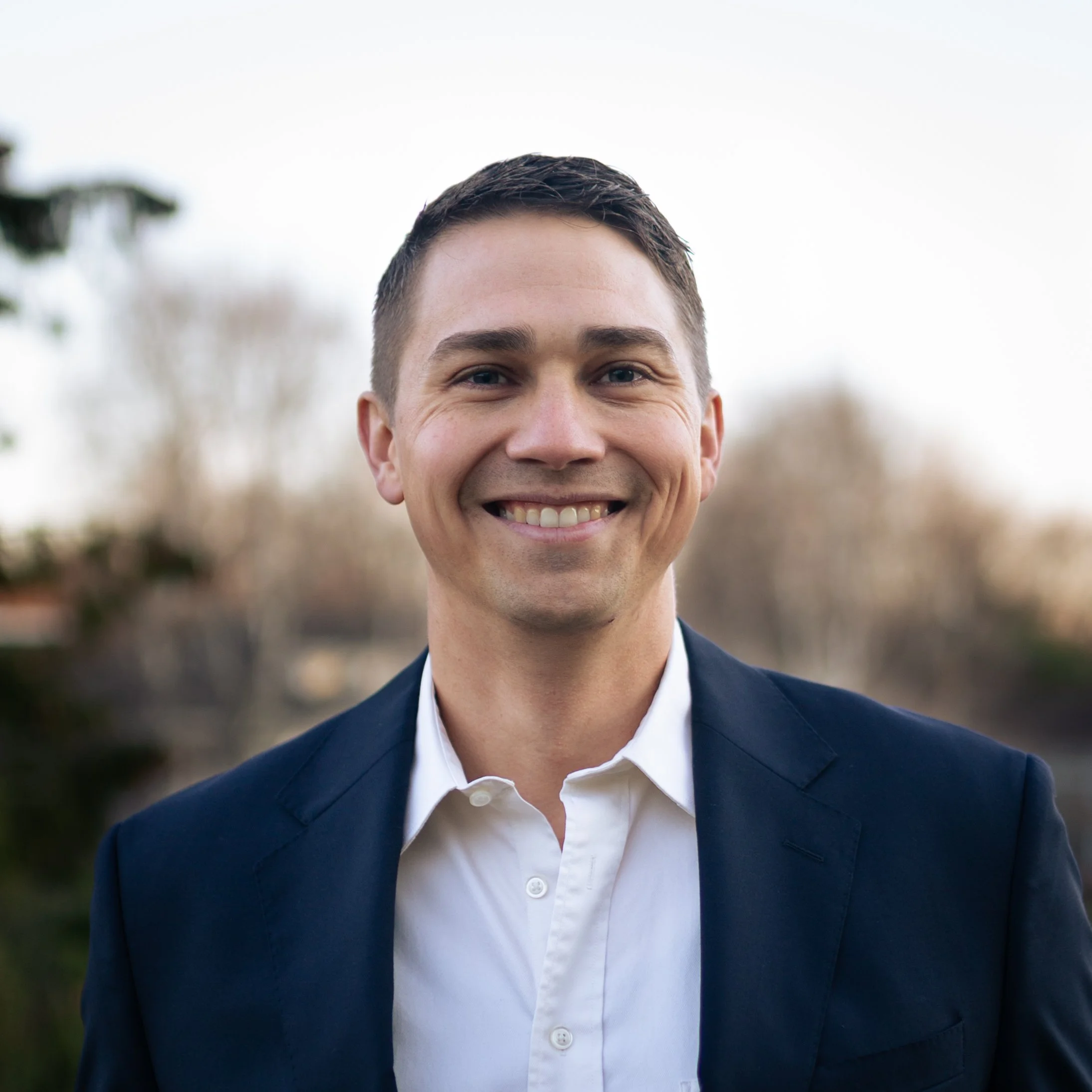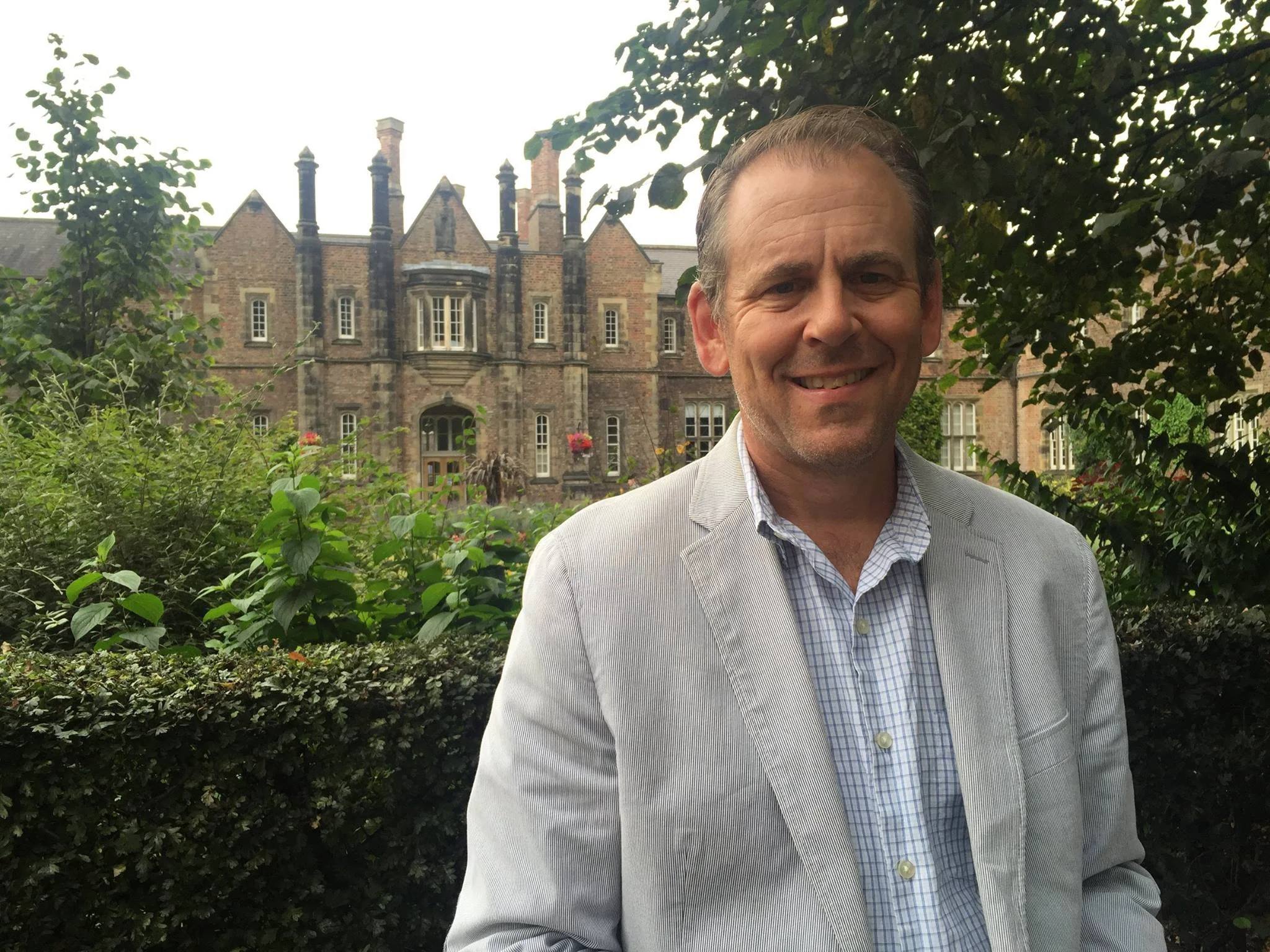TUESDAY
JANUARY 11, 2022
7:30 pm EST
Science and Faith - friends or foes? (Part 1) - Is there Evidence for God in the Universe? Do the Laws of Nature Point to God or lead us away from the idea of a God?
DR. TOM RUDELIUS - Postdoctoral researcher in theoretical physics at the University of California, Berkeley. He holds a Ph.D. in physics from Harvard University and a bachelor's degree in physics, mathematics, and statistical science from Cornell University.
Many people have difficulty reconciling modern science with the Christian faith(as well as other faith traditions) - especially the Biblical account of cosmology and the origins of the universe. The fundamental laws of nature in our universe appear to be "fine-tuned" to allow for intelligent life. In this talk, we'll dive into modern scientific discovery and explore possible explanations for this phenomenon and speculate on the possible role of a designer.
THURSDAY
JANUARY 13, 2022
7:30pm EST
Science and Faith - friends or foes? (Part 2) - Can a Scientist Believe in the Miracles of Jesus?
DR. TOM RUDELIUS - Postdoctoral researcher in theoretical physics at the University of California, Berkeley. He holds a Ph.D. in physics from Harvard University and a bachelor's degree in physics, mathematics, and statistical science from Cornell University.
How do we reconcile miracles with our modern, scientific understanding of nature? Is it reasonable for any thinking person to accept them as true? Do the miraculous claims of Christianity, like the miracles of Jesus, hold up under scrutiny, and what do they mean for us?
TUESDAY
JANUARY 18, 2022
7:30 pm EST
Making Sense of Faith: Can a Thinking Person Have Faith? Doesn't This Counter Reason and Rational Thinking?
Dr. Brandon Eidson - Co-founder of First Step Analytics. He has worked as a technical consultant, visiting professor, and entrepreneur. He holds a PhD in electrical engineering from Auburn University and a Certificate in Theological Studies from Oxford University.
"Just have faith." Sounds too simplistic, right? Why believe in something that is based on faith vs. rationality? What value is faith to the pursuit of truth and knowledge? Can reason exist without faith? Does faith care about what is true? What misconceptions about faith are shared by both the religious and the non-religious? How do the religious and the non-religious misunderstand the relationship of faith, knowledge and truth? This talk will examine these questions through the lens of philosophy and epistemology.
THURSDAY
JANUARY 20, 2022
7:30 PM EST
Aren’t We Better Off Without Christianity?
Dr. REBECCA McLAUGHLIN, Ph.D. in English literature from Cambridge University, Theology degree from Oak Hill College in London. Speaker, Writer, and author of Confronting Christianity: 12 Hard Questions for the World’s Largest Religion. Find out more about Rebecca at www.rebeccamclaughlin.org.
40 years ago, sociologists believed that as the world became more modern, more educated, and more scientific, religious belief would naturally decline. Many western intellectuals thought this was both inevitable and desirable: religion would not survive in the modern world, and we modern people would be better off without it. Doesn't Christianity hinder our pursuits of modern values? What is our reality today? Is Christianity positive or negative for individuals and society? And what shapes how we determine what makes us “better off”?
TUESDAY
JANUARY 25, 2022
7:30 pm EST
Reconstructing Religion: Can Religious Faith Contribute to the Public Good? Should it have a Place in the Public Square?
Dr. Ron Sanders - Affiliate Assistant Professor in Ethics. He holds a Ph.D. in Theology and Christian Ethics from Fuller Theological Seminary, an M.A. in Philosophy of Religion and Ethics from Biola University.
How did the church get to the point where Christianity as a tradition and Christians, in particular, are often looked at with derision and as an anchor around the neck of society rather than a cool breeze blowing into its sails? Is there a way to imagine religion (specifically Christianity) that promotes human flourishing and strengthens our Democratic Tradition? Is there a place for the faith in the public square and what contributions can it make, if any? Or is it no longer needed?
THURSDAY
JANUARY 27, 2022
7:30 pm EST
Isn't belief in God and Religion Just a Psychological Delusion - Just Wishful Thinking to Comfort People?
DR. BRANDON UNRUH, M.D - Instructor in Psychiatry at Harvard Medical School and clinician at McLean Hospital
Many today would say they do not want to believe in God, but that those who do are driven to do so as a kind of wish fulfillment. This “You wish” argument against belief in God goes back to Voltaire, Diderot, Darwin, and Feuerbach. And it was most popularized and sharpened by Freud. Freud referred to religion as “the universal obsessional neurosis of humanity,” and claimed that the spiritual worldview “distorts the picture of the real world in a delusional manner.” Dr. Brandon Unruh will help us examine these claims and critiques from his own lived experience and his professional experience as a clinician.





